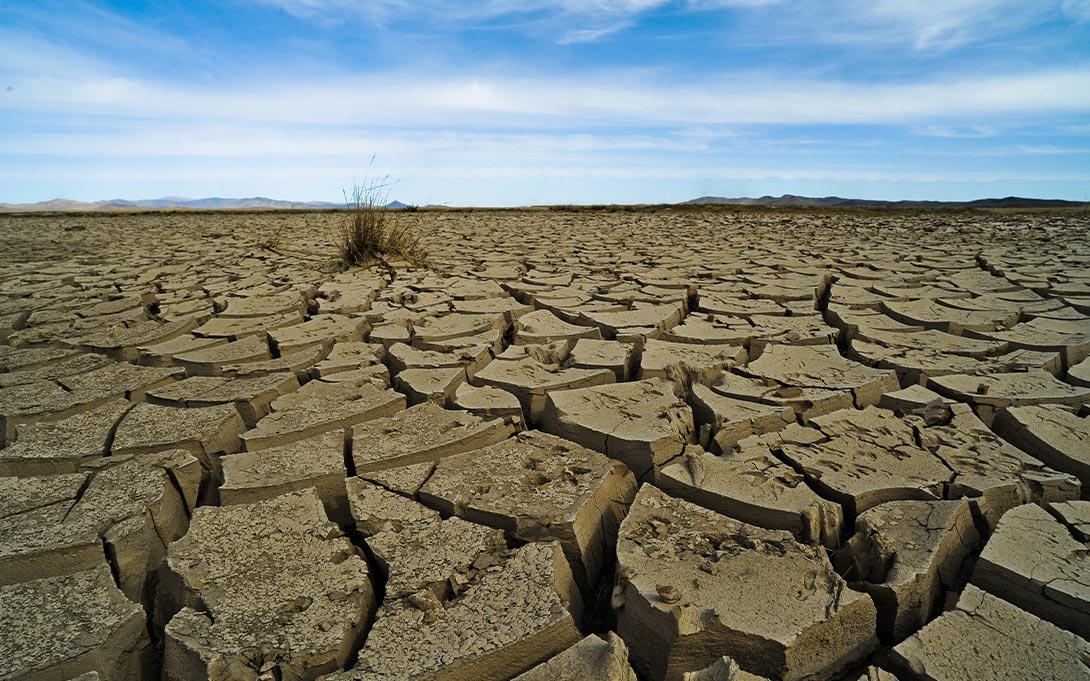Engaging with Uncertainty: Best Practices for Science Communication during the Climate Crisis and COVID-19
The rapid spread of the novel coronavirus has left policy makers looking urgently to science for accurate information to inform mitigation efforts. Due to both the inherent uncertainty associated with studying an ongoing pandemic, as well as the limitations of expedited research, establishing best practices for the communication of scientific uncertainty is critical. The challenges of communicating science related to climate change offer key comparative insights.

Key findings
The author recommends that scientific communicators report uncertainty in a manner that prioritizes transparency and trusts the public’s ability to accurately interpret this uncertainty when it is well-defined. The approach described in this brief aims to (1) provide clear and accurate information by expressing uncertainty explicitly, numerically, and in detail, (2) earn and maintain trust in science by acknowledging and explaining shifts in knowledge as they occur, and (3) minimize the spread of misinformation by identifying incomplete areas of research and reminding the public of the targeted standards for research consensus.
Recommendations
- Define Uncertainty Explicitly and in Detail
- Honestly Acknowledge Assumptions and Unknowns
- Manage Expectations of the Scientific Process
